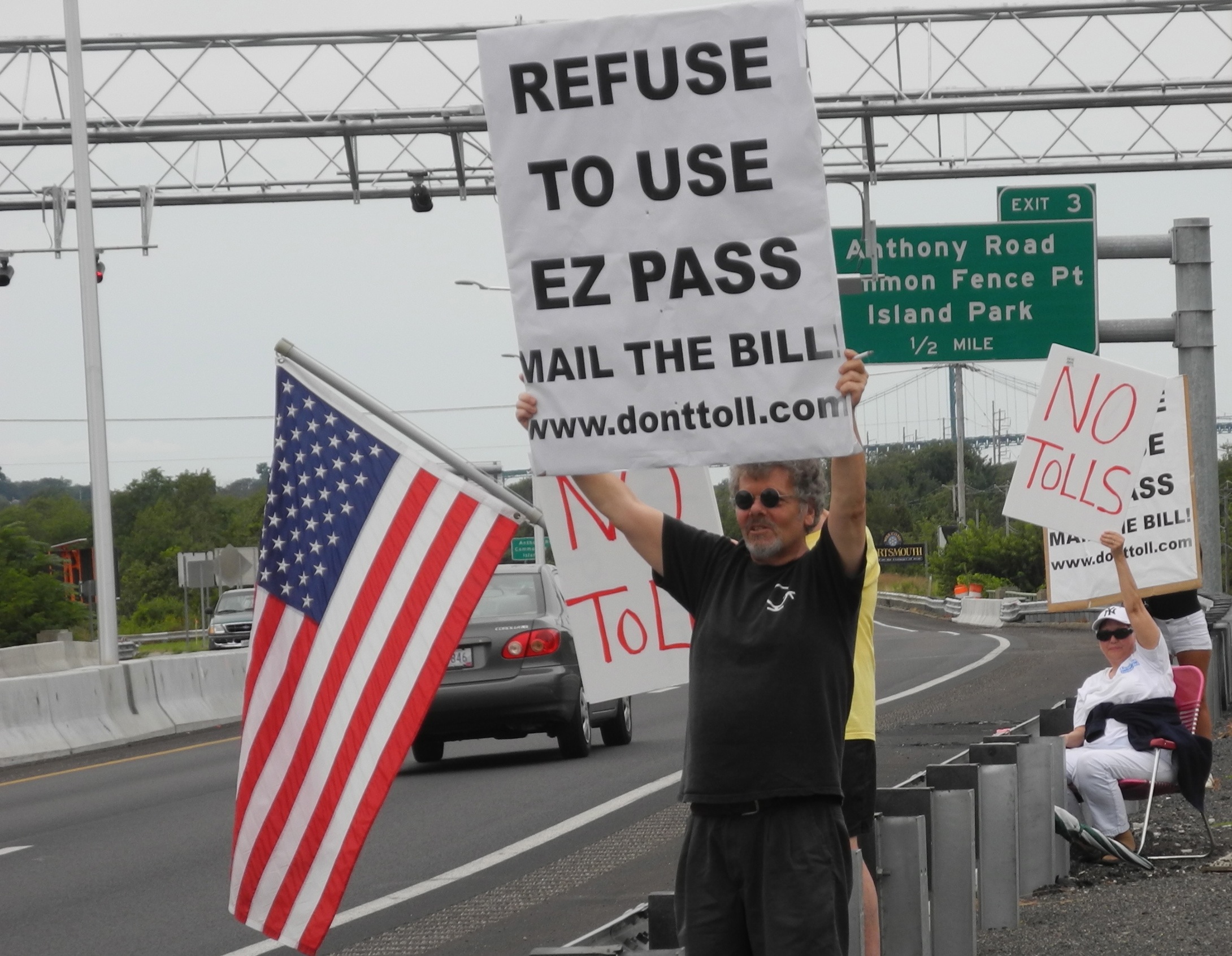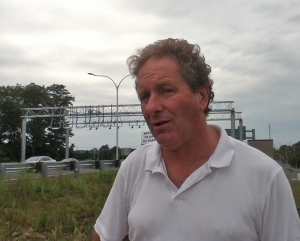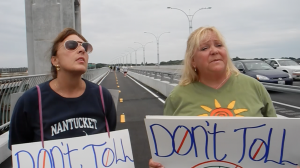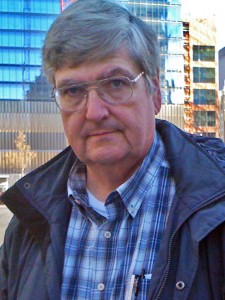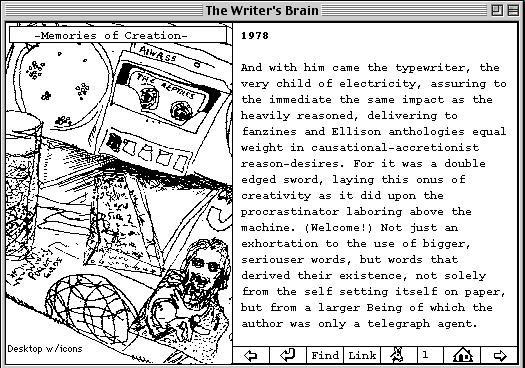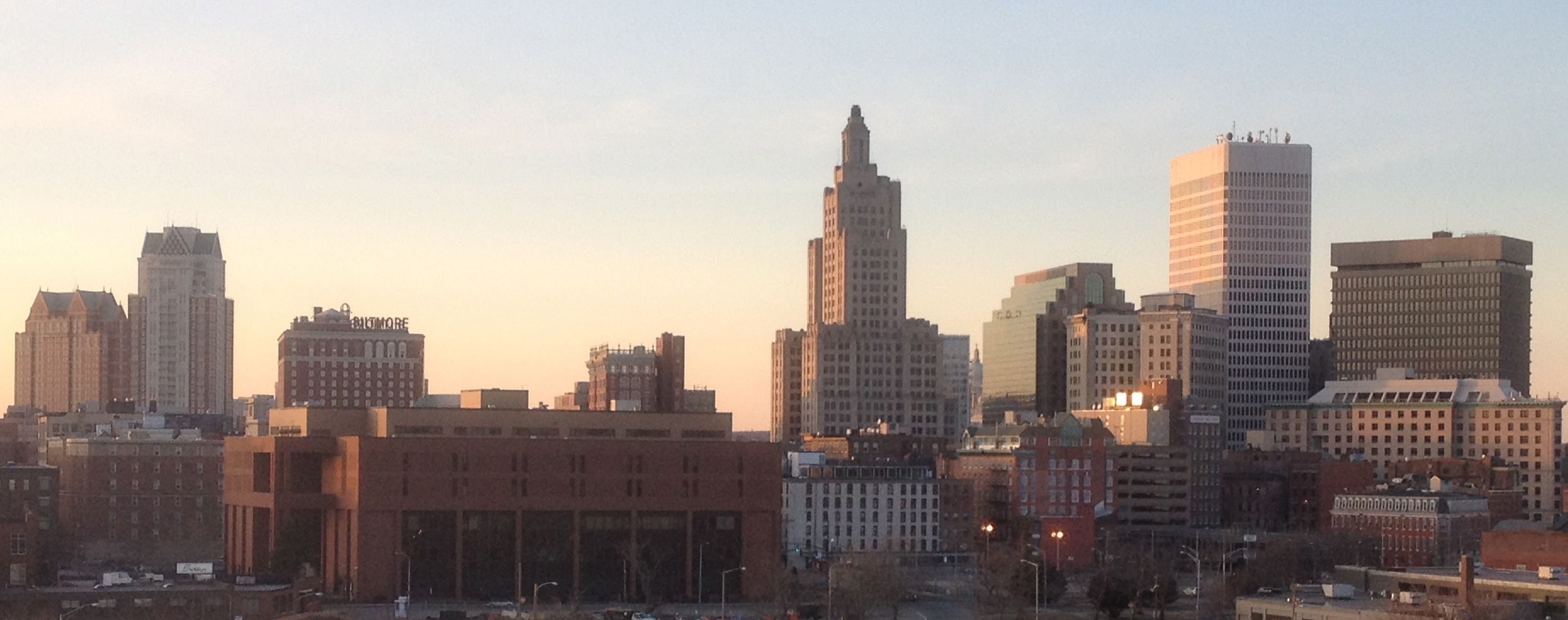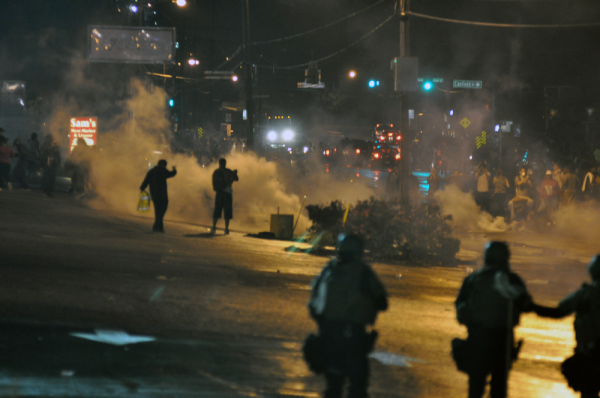
A new report from the Economic Policy Institute (EPI) by Richard Rothstein titled The Making of Ferguson: Public Policies at the Root of its Troubles puts some of the recent brouhaha over RhodeMap RI into keen perspective. We all know the story of the police murder of Mike Brown in the St. Louis suburb of Ferguson, MO, the high profile demonstrations from the black community in response, and the heavy handed, militarized police reaction. The US Department of Justice released a shocking report of systemic racism and economic exploitation of the black citizens of Ferguson, but the report from the EPI provides insight into how a racially segregated, predominantly low income African-American community like Ferguson can develop in the first place.
Rothstein begins by blaming racial prejudice and racist public policy. “No doubt, private prejudice and suburbanites’ desire for homogenous affluent environments contributed to segregation in St. Louis and other metropolitan areas. But these explanations are too partial, and too conveniently excuse public policy from responsibility. A more powerful cause of metropolitan segregation in St. Louis and nationwide has been the explicit intents of federal, state, and local governments to create racially segregated metropolises.”
It’s important to understand that the policies Rothstein exposes in his report are not located only in the immediate area of St. Louis, these policies existed across the nation, and even where such policies no longer officially exist, their effects can still be felt today. These policies, according to Rothstein, include:
- Government subsidies for white suburban developments that excluded blacks, depriving African Americans of the 20th century home-equity driven wealth gains reaped by whites;
- Denial of adequate municipal services in ghettos, leading to slum conditions in black neighborhoods that reinforced whites’ conviction that “blacks” and “slums” were synonymous;
- Boundary, annexation, spot zoning, and municipal incorporation policies designed to remove African Americans from residence near white neighborhoods, or to prevent them from establishing residence near white neighborhoods;
- Urban renewal and redevelopment programs to shift ghetto locations, in the guise of cleaning up those slums.
 RhodeMap RI was developed with an understanding of many of the problems Rothstein cites. The public review draft of RhodeMap has a section at the end concentrating on social equity that explicitly called on the plan to “implement a new economic model based on equity, fairness, and opportunity.” It is this part of the plan, the part that seeks to undo the kind of problems that plague communities of color like Ferguson, that seems to most bother RhodeMap opponents.
RhodeMap RI was developed with an understanding of many of the problems Rothstein cites. The public review draft of RhodeMap has a section at the end concentrating on social equity that explicitly called on the plan to “implement a new economic model based on equity, fairness, and opportunity.” It is this part of the plan, the part that seeks to undo the kind of problems that plague communities of color like Ferguson, that seems to most bother RhodeMap opponents.
Rothstein takes a shot at offering possible solutions towards the end of his report, writing, “Many practical programs and regulatory strategies can address problems of Ferguson and similar communities nationwide.” For instance, governments might “require even outer-ring suburbs to repeal zoning ordinances that prohibit construction of housing that lower- or moderate-income residents – white or black – can afford. Going further, we could require every community to permit development of housing to accommodate a ‘fair share’ of its region’s low-income and minority populations…”
- Racial injustice vs. property rights: Ferguson and RhodeMap
- Gary Morse stokes suburban fears with racially charged half truths
- Setting the record straight on RhodeMapRI
- RhodeMapRI opponents fear future plans, affordable housing
Rhode Island has something of a fair share law (as part of the Rhode Island Comprehensive Housing Production and Rehabilitation Act of 2004 and Rhode Island Low and Moderate Income Housing Act (Rhode Island General Laws 45-53)) which sets a 10% goal for each of the state’s cities and town to meet—the goal being that 10% of the units in a town are “affordable.”
Most of the pushback against RhodeMap comes from communities that have very little affordable rental housing and are predominantly White. Legislation to undermine existing laws requiring cities and towns to plan for affordable housing is part of that pushback , such as House Bill 5643, which would “eliminate the mandate requiring cities and towns to include an affordable housing program in their comprehensive plans” or House Bill 5644 which “would remove the mandate requiring cities and towns to include an affordable housing program in their comprehensive plans and would provide an opt-out provision regarding any provision in the state guide plan regarding affordable housing and any related land use provisions” are naked attempts to keep affordable housing, and those who need it, out of their communities.
The legislators who are introducing and supporting the bills are all Republicans, or in one case an “Independent” representing primarily suburban and rural communities like Richmond (Note: part of Rep. Justin Price’s district), West Greenwich (part of Rep. Sherry Robert’s district) Coventry, Hopkinton, Charlestown, Portsmouth, Exeter and East Greenwich. Note that Richmond and West Greenwich have made “no progress” and East Greenwich has made “no significant progress” in meeting the 10% goal.
Undoing the damage of decades of racist housing policy and preventing future Fergusons requires a plan. RhodeMap RI isn’t quite that plan, it’s more a collection of guidelines to help communities develop a plan, but it’s a good step in the right direction. Those opposed to RhodeMap like to put on their “free market” hats and declare that any government intervention into housing is some sort of fascist violation of property rights. However, racially segregated housing is the product of just the kind of government sponsored social engineering that RhodeMap opponents complain of, and many of those opponents have also waged fights to prevent construction of affordable rental units in places such as Barrington and East Greenwich.
To be consistent these defenders of the free market should be calling for a repeal of all zoning restrictions in their communities, but of course they will not. Instead, they will zealously guard the status quo by defending zoning laws that the prevent construction of low income housing too close to their safe suburban enclaves. Opponents of RhodeMap object to being called racists, but when their claims of defending property rights are not equally applied to property owners who want to build affordable housing on their land, what else are we to think?




